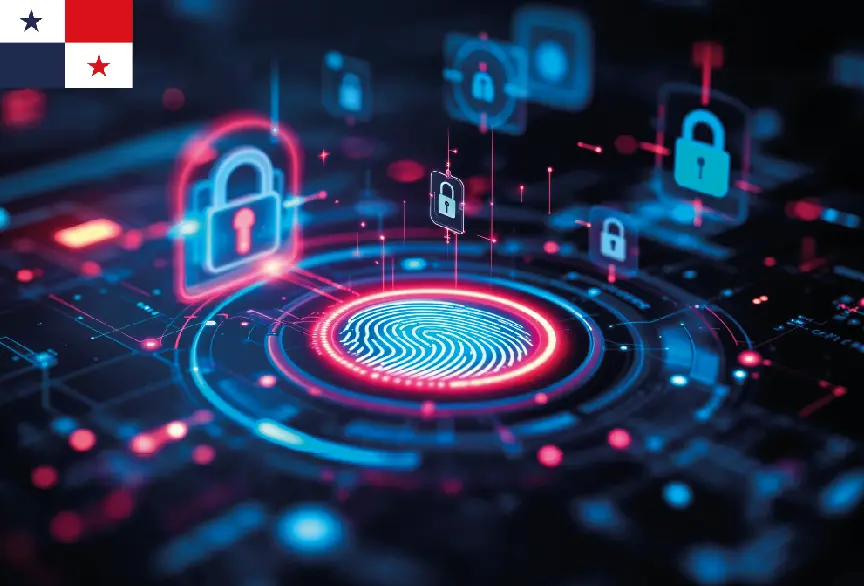The evolving threat landscape demands adaptive and proactive solutions. Among the trends reshaping digital protection in Panama, the following stand out:
Adoption of Zero Trust Architectures: The “never trust, always verify” paradigm is replacing traditional perimeter-based security models. Panamanian organizations are implementing micro-segmentation and continuous verification to mitigate lateral movement within networks.
AI-Powered Security: Artificial intelligence-enhanced defense solutions enable real-time anomaly detection and automated responses. Advanced XDR (Extended Detection and Response) systems are gaining momentum in the Panamanian market.
DevSecOps as an Operational Framework: Integrating security into every phase of the software development lifecycle has become essential. Leading organizations are embracing “shift-left security” practices to identify vulnerabilities early—before deployment.
Continuous Security Posture Management (CSPM): Ongoing monitoring of all digital assets to detect deviations from secure configurations is replacing traditional periodic assessments, providing real-time visibility and control.
Quantum-Resistant Cybersecurity: With the era of quantum computing approaching, forward-thinking organizations are beginning their transition toward cryptographic algorithms designed to withstand quantum-level attacks.














